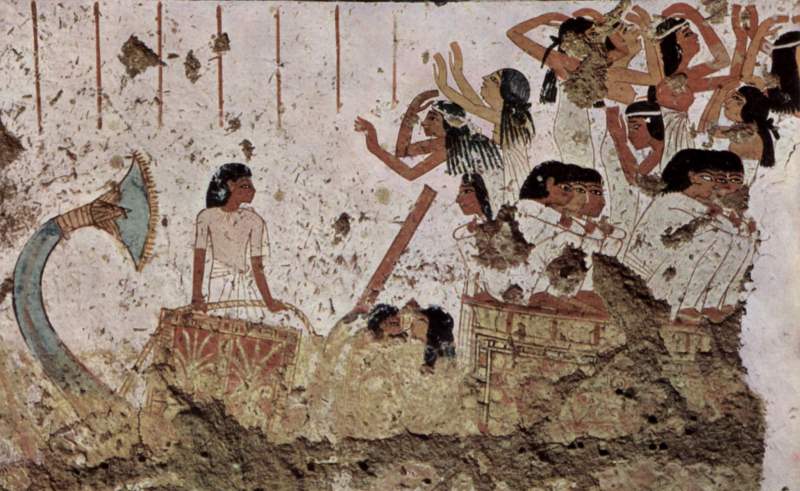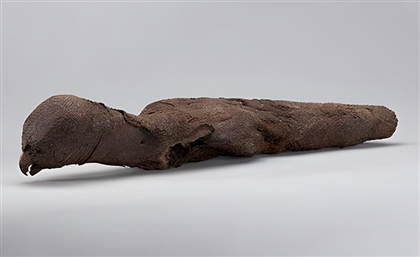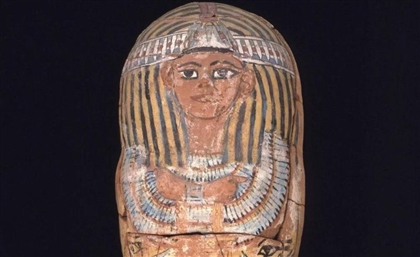Did Climate Change Cause Ancient Egyptian Civilization to End?
It seems that it wasn't one weak link that brought down the mighty dynasty, but rather natural phenomena.

Ancient Egypt collapsed to Roman rule not as a result of a ‘weak link’, but natural phenomena, Yale University researchers have concluded recently.
The scientists have found that events like volcanic eruptions caused the annual Nile flooding to decrease in quantity, and, therefore, the rich fertile soil it leaves behind to diminish in quality.
This outcome, the team of researchers say, likely caused high societal stress and sometimes, political unrest, which paved the way for Alexander the Great’s conquest of Egypt for Rome.
The findings combine a number of techniques to reach their stunning conclusion, including the study of past global climate, which is called paleoclimatology. Alongside this method, they also used climate modelling of large 20th century eruptions and descriptions found on ancient papyri and inscriptions of Nile flood quality from the Ptolemaic era.
They also used yearly measurements of the river’s summer flood levels, sourced from the Islamic Nilometer, which is the longest-known human record of environmental variability.
Wait, but there are no volcanoes in or anywhere around Egypt, you may say. The study asserts that the impact of volcanic eruptions across the globe on the Nile could have had critical political and economic repercussions.
This study, published in the Nature Communications journal, is unique in that it provides a holistic insight into a society that lived over two millennia ago, examining in great detail what caused certain events to happen, almost like back-dating a history book about the era.
The scientific findings also show optimistic signs of greater integration between different academic disciplines to paint fuller pictures of our past and ancestors. Read the Yale News article on the findings here.
- Previous Article Noise101: Mr. C
- Next Article These 27 Recently Unearthed Photos From The 1800s Show What Life Was Really Like in Egypt
Trending This Week
-
May 01, 2024
























